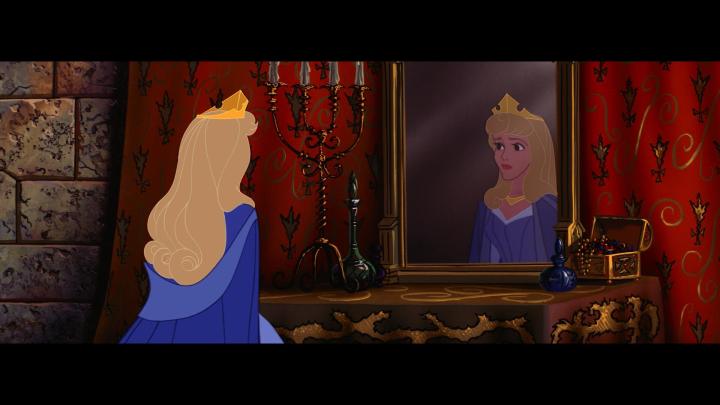
“We estimate that an individual’s aesthetic preferences for faces agree about 50 percent, and disagree about 50 percent, with others,” wrote study leaders from Harvard, Wellesley, and Massachusetts General Hospital write in a Eureka Alert press release. “This fits with the common intuition that on the one hand, fashion models can make a fortune with their good looks, while on the other hand, friends can endlessly debate about who is attractive and who is not.” At the core of the debate is whether it’s nature or nurture that affects what we perceive as attractive. So to answer their questions, scientists studied 547 sets of identical twins (they’re the ones with the exact same DNA) and 214 sets of fraternal twins (who have half the same DNA) found in the Australian Twin Registry.
The twins were given 98 male faces and 102 female faces to rate in terms of attractiveness, and researchers found that on average, any random two participants agreed on who was attractive 48 percent of the time, and disagreed 52 percent of the time. They then took a closer look at the 52 percent to try to distill why there was a disparity when it came to superficial judgments. In order to determine whether genetics played a bigger role than one’s environment, researchers compared the preferences of each pair of twins, looking separately at identical and fraternal twins. Ostensibly, if identical twins agreed more often, it would lend support to the notion that genes determine who you find attractive. But if sharing 100 percent of DNA bit didn’t seem to have that big of an effect, it might suggest that environment is actually more important.
As it turns out, researchers found that individual environments were responsible for 78 percent of differences in taste — even among twins, environments can differ drastically based on friend circles, interpersonal relationships, and the sort of media they consume. “The types of environments that are important are not those that are shared by those who grow up in the same family,” said Laura Germine, a Harvard University psychologist and study co-author. Rather, these environments are “much more subtle and individual, potentially including things such as one’s unique, highly personal experiences with friends or peers, as well as social and popular media.”
So there you have it, folks. Your background and past experiences really do play a role in helping you determine who you find attractive, and thank goodness they do. Because really, how boring would it a single standard of beauty be?
Editors' Recommendations
- Amazon’s Echo Show 10 (3rd Gen) has a screen that moves so you don’t have to
- Facebook lawyer says you don’t actually have any privacy on the site


